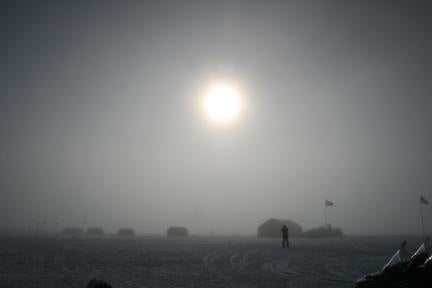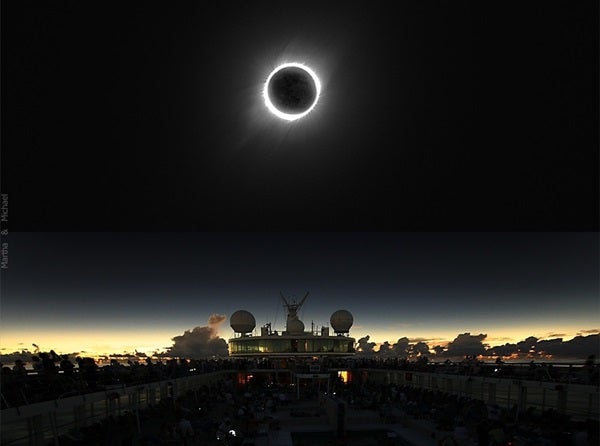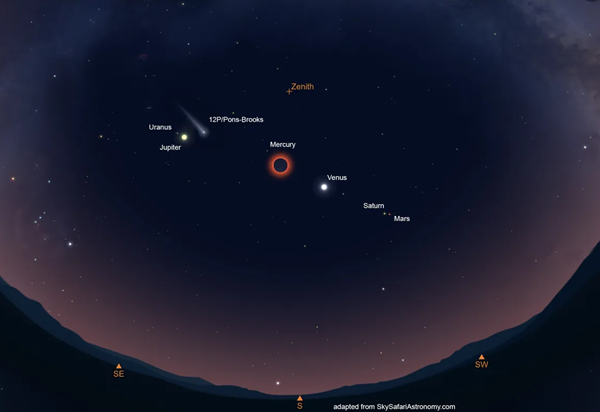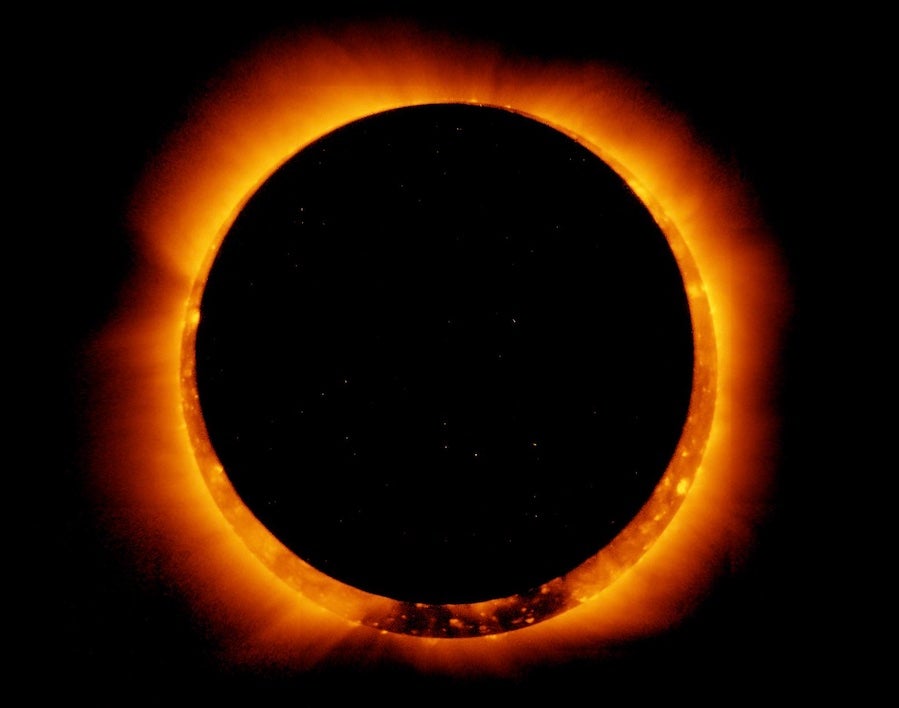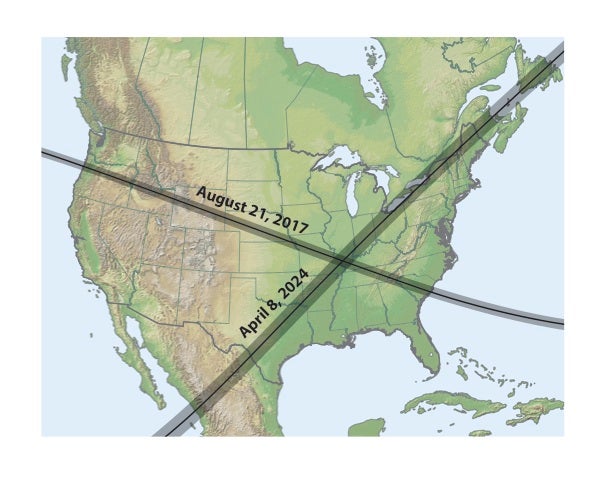According to a study, solar storms could be much more powerful than previously assumed. Researchers at Lund University in Sweden have now confirmed that Earth was hit by two extreme solar storms more than 1,000 years ago. “If such enormous solar storms would hit Earth today, they could have devastating effects on our power supply, satellites, and communication systems,” said Raimund Muscheler at Lund University.
A team of researchers at Lund University, together with colleagues at Uppsala University in Sweden, as well as researchers in Switzerland, Denmark, and the US, have been looking for traces of solar storms in ice cores from Greenland and Antarctica. Everywhere on Earth you can find traces of cosmic rays from the galaxy and the Sun, such as low levels of radioactive carbon.
A few years ago, researchers found traces of a rapid increase of radioactive carbon in tree rings from the periods AD 774/775 and AD 993/994. The cause for these increases was, however, debated.
“In this study, we have aimed to work systematically to find the cause for these events. We have now found corresponding increases for exactly the same periods in ice cores. With these new results, it is possible to rule out all other suggested explanations, and thereby confirm extreme solar storms as the cause of these mysterious radiocarbon increases,” said Muscheler.
The study also provides the first reliable assessment of the particle fluxes connected to these events. Muscheler points out that this is important for the future planning of reliable electronic systems: “These solar storms by far exceeded any known events observed by instrumental measurements on Earth. The findings should lead to a reassessment of the risks associated with solar storms.”

